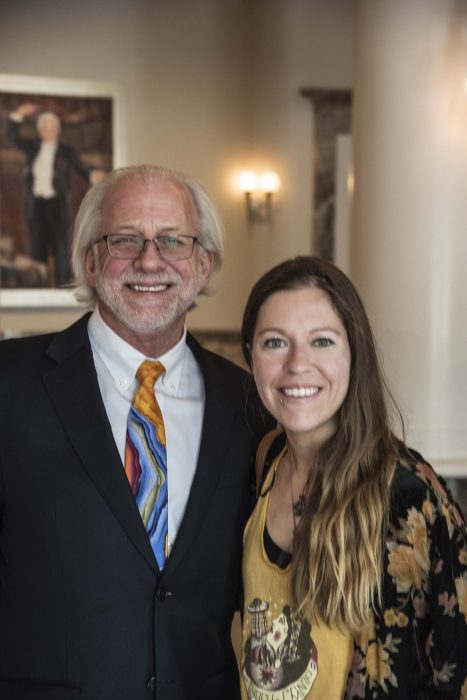Andrija Tokic, recording engineer, producer and owner of The Bomb Shelter studio, wasted no time making a name in the Nashville music industry. After moving here from Washington, D.C., Tokic quickly realized that Music Row wasn’t his bag. The culture was too sterile and contrived for this nonconformist. Shortly after, Tokic opened his own recording studio in a quiet East Nashville neighborhood where he provides artists with a productive, yet playful recording experience. When the pressure is off, that’s when the best stuff comes to the surface. The self-proclaimed work-a-holic is willing to put in the hours to create something special. Judging by his credentials, this method is certainly on point.
What’s one of your first music-related memories?
Andrija Tokic: I got a four-track at ten years old from my neighbors. It was an incredibly archaic thing and gave me an interest in engineering—specifically for what it couldn’t do. Ever since, I’ve always loved anything that had to do with analog recording.
How did you end up in Nashville?
AT: It seemed like a good place to start my music career and I quickly got deep into the scene. I actually moved to Murfreesboro because a lot of my friends attended MTSU (Middle Tennessee State University.) About a year later, I relocated to East Nashville because I couldn’t stand driving back and forth. All the while I was interning everywhere I could.
Can you tell me a bit about your studio The Bomb Shelter?
AT: I think people want to have an awesome experience in a comfortable environment. Yet, it’s not a bunch of dudes sitting around getting drunk saying, “Let’s try this or that.” I keep everybody moving the best I can.
I’ve heard great stories like you tap dancing on wooden planks to achieve a particular sound. Are you willing to do whatever to get what you want?
AT: (Laughs) I believe in really living life and having as much fun as possible all the time. I’ve never been scared to seem weird.
How much has word of mouth impacted your business?
AT: If you put your heart and soul into your projects, have a decent attitude, and can be flexible with your rates, people are going to tell others about your business. It’s the same with a musician as a mechanic. I think word of mouth is everything. People put a lot on the line when they choose a place to record. There’s nothing tangible about a creative vision so making that decision involves a lot of trust.
By the way I just noticed the gold plaque for your Alabama Shakes record sitting next to your shower.
AT: (Laughs) One of the Alabama Shakes band mates cold-called me one day while I was grocery shopping. I think they had found out about me through a friend or something. The first two days of recording were incredibly magical. We stayed up all night long and cut almost half of their first record, Boys & Girls.
Did you know instantaneously they were gonna make it big?
AT: It was more so, this record has to be noticed at some point in time. I do remember texting and calling everyone I knew saying, “You’ve got to check this out. This band is so awesome.” Little by little, the success of their album had more work trickling in my door.
What inspires you most about Nashville’s music scene?
AT: Everyone is so damn good that the bar is just really high. It makes me want to dig deeper into my own sound to come up with something truly inspired. Also, I can call another studio at any point in time and say, “Holy shit, I just ran out of tape. Help me!” and they’ve got my back. The community is really strong and supportive.
What makes you really get into a project?
AT: How earnest the artists and material are. If it’s put on, I’m immediately turned off.
How do you select the bands you work with?
AT: I have an open-door policy because you never know who’s on their way up and just needs someone to help their sound truly blossom. Plenty of times I’ve had a band approach me and not been wild about their demo. Then we start working together, and I’m sold. I want to unravel what’s so special about these artists rather than put my own stamp on it.
What do you bring to the local music scene in particular?
AT: I don’t know, which is fine by me, because it might spoil the whole energy. (Laughs) My goal is to always walk away from every recording situation as positive as I possibly can. I aim for the stars and stay in the moment rather than keep score.

